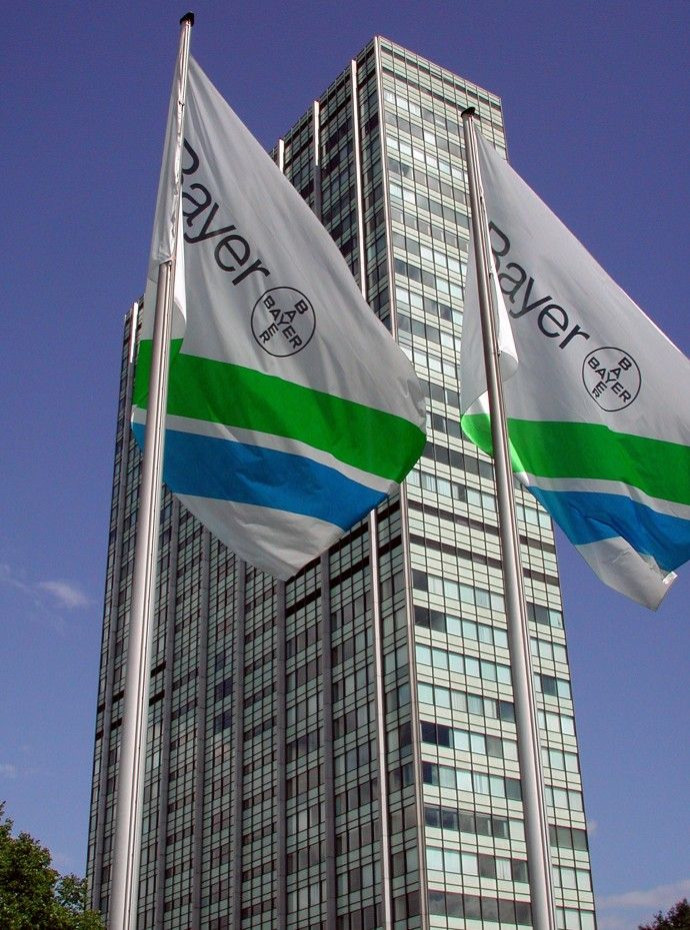Bayer seeks to more than double Chinese sales by 2015

German pharmaceuticals and chemical giant Bayer AG said it plans to invest 1-billion euros ($1.3-billion) in China in efforts to more than double sales in the country by 2015, as part of the company’s greater push into the Asia-Pacific region.
The investment will be used to increase production at the company's high-grade materials facility in Shanghai.
The company racked up sales of 2.1-billion euros in China last year and now has designs on raising that figure to 5-billion euros in less than five years.
“The expansion of our capacities in China is an important step in strengthening our presence in the emerging economies,” explained Bayer’s management board chairman, Dr. Marijn Dekkers.
China’s economy is expanding by almost 10 percent per year, dwarfing the growth of the advanced countries and ahead of most emerging markets as well.
The strong economic growth in China and in the whole region offers us outstanding opportunities, and we want to make the most of them, said Patrick Thomas, chief executive of Bayer Material Science.
It is strategically important to have the necessary capacities in the Asia Pacific region to meet constantly rising demand.
Bayer indicated that its polycarbonates business will be relocated from Leverkusen, Germany to Shanghai early next year. The Asia Pacific region, the company noted, accounts for about 60 percent of the world’s market for polycarbonate, a plastic used in the automotive, electronics and construction industries.
Bayer will construct a new polycarbonate plant in Shanghai with annual capacity of 200,000 metric tons and expand an existing facility by 50 percent to 300,000 tons.
In mid-November, Bayer had announced that it would slash 4,500 jobs as part of a restructuring program to reduce costs by 800-billion euros annually starting in 2013. At that time, the company also said it planned to create 2,500 new jobs primarily in the emerging markets.
© Copyright IBTimes 2024. All rights reserved.





















